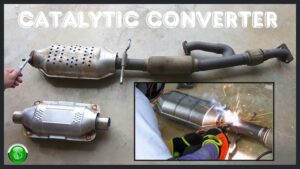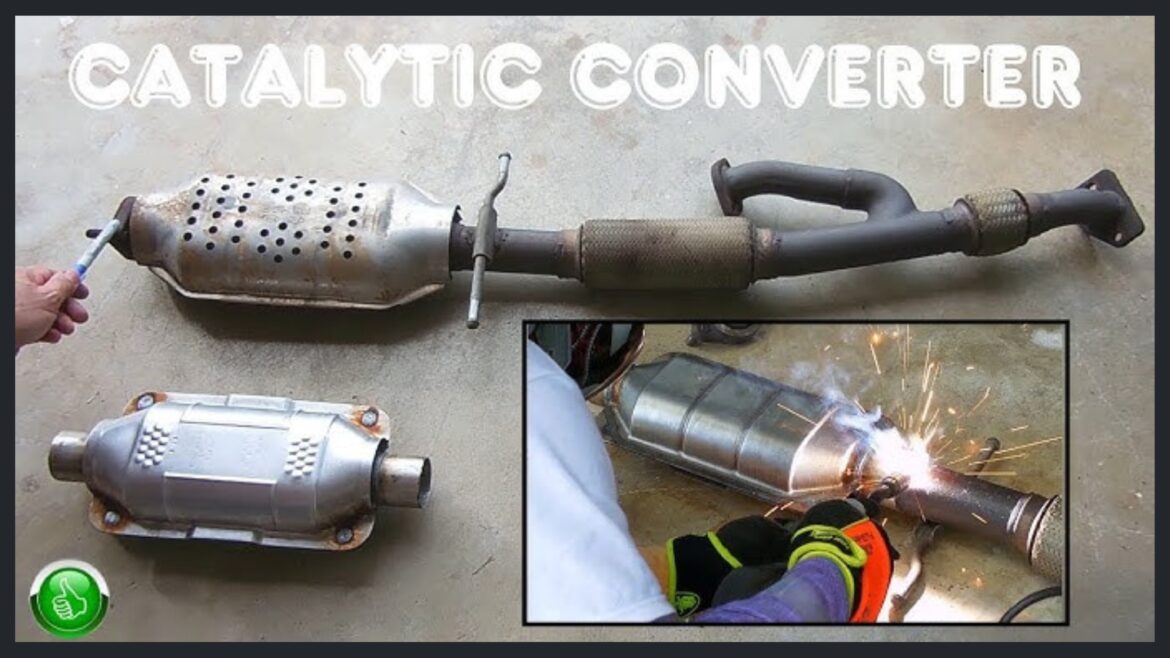
5 Ways to Tell If Your Catalytic Converter Has Been Stolen
Having your catalytic converter stolen is no fun. It can be expensive to replace and can cause you to fail an emissions test.
How to Tell If Your Catalytic Converter Is Missing
Although claims of catalytic converter theft are declining, it’s still a big problem across the country and isn’t going away, especially in certain regions. And if you’re in any of these areas, you probably know it. Whether you’re driving or walking to your car and something unusual happens, there are some signs that you may be a victim.
1) Loud exhaust noise
The catalytic converter is part of the exhaust system and is located in front of the silencer. If a thief steals the catalytic converter, your car will suddenly be much louder.
2) Smelly exhaust gases
The catalytic converter purifies the exhaust gases, converting toxic gases into less harmful gases. These toxic gases have an unpleasant odor, similar to sulfur or rotten eggs. If you notice an unusual smell coming from your car, it never hurts to check your catalytic converter.
3) Failing an Emissions Test
If you live in an area that requires emissions testing, you won’t be able to pass the test without a catalytic converter. It’s not a good idea to find out you’ve fallen victim to such a defect when registering your car, but a mechanic at a repair shop will be able to easily tell you what’s wrong through a visual inspection.
4) Bottom Screws
If you find screws on the ground next to your car, it may be that your catalytic converter has just been stolen. Keep in mind that not all thieves will bother to loosen the catalytic converter screws. In most cases, they simply looked into the exhaust pipe.
5) Part of the exhaust pipe is missing
If your car isn’t too low, you can often see most of the exhaust by looking under it. If the catalytic converter is missing, the exhaust won’t be routed all the way to the rear of the vehicle. This creates a space between the pipes.
Can I drive without a catalytic converter?While you can technically drive without a catalytic converter, it’s not a good idea. In addition to the smell and noise, your car’s performance may decrease and the check engine light may come on.
Call your insurance company to file a claim. You may also need to file a police report.
Buy a replacement catalytic converter
OEM catalytic converters are very expensive, usually costing several thousand dollars. In some cases, you may be able to find a replacement part that meets local regulations and costs a fraction of the price.
Your dealer will likely want to replace the catalytic converter with an OEM unit. Many independent repair shops deal with this issue regularly and may be able to tell you where to find a replacement catalytic converter for your vehicle.
Evaluate your parking situation
After replacing your catalytic converter, you should consider how to prevent future theft. If possible, try to park in a locked garage. Parking in a well-lit, busy area can help. Some areas of parking lots and parking garages are more prone to theft than others. Thieves want to get away quickly, so park in an inconvenient place or slow down in some way.
If you have a low ride height, that helps. If a thief can’t lift your car and get under it, he can’t steal your cat. Everyone has a different situation. Sometimes the best thing you can do is minimize the risks and hope for the best. Due to the design of the engine, it is very difficult to steal the catalytic converter from certain vehicles. Below is a list of cars that are least likely to have their catalytic converters stolen:

